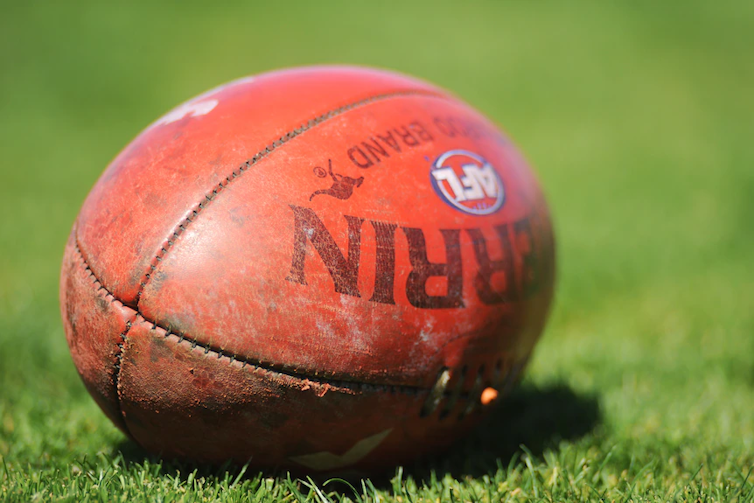Why sports stars get less support than other injured workers – and how we can fix it
- Written by Eric Windholz, Senior Lecturer and Associate, Monash Centre for Commercial Law and Regulatory Studies, Monash University

Inadequate, inequitable, and in some cases possibly in breach of workers’ compensation laws. That’s how bad the current insurance arrangements are for Australia’s professional sports people, who get less support for long-term injuries than other workers, and less support than if they’d been playing in New Zealand.
That is part of what I told the current Senate inquiry[1] into concussion and repeated head trauma in sport, speaking as a researcher in work health and safety law in professional sport, and as a former general counsel and general manager with the Victorian WorkCover Authority and WorkSafe Victoria.
The AFL has been in the spotlight following news of a class action[2] led by retired Geelong premiership player Max Rooke, on behalf of more than 60 former Australian Football League players. The law firm leading the class action claims Rooke suffered “permanent, life-altering injuries[3]” from concussion.
The lawsuit comes as the AFL prepares to follow the NRL and Rugby Australia[4] in appearing before the Senate inquiry.
However, as my submission[5] to the inquiry pointed out, the issue of workplace safety and injury support affects far more than just Australia’s football codes.
Players are employees – who aren’t covered for long enough
Last month, I told the Senate inquiry that professional sporting organisations were employers[6], and their players employees.
Under work health and safety law, employer sporting organisations have a statutory duty to do what is reasonably practicable to prevent injuries to their employees.
Because eliminating all injuries is not a realistic expectation, employers provide insurance to support injured players.
The first symptoms of chronic traumatic encephalopathy (CTE) take years to decades[7] to develop, by which time the players who have them are usually no longer playing professionally and no longer insured.
Read more: What does concussion do to the brain?[8]
Their employer-supported insurance arrangements usually lapse either when their contracts expire or shortly after. This means they don’t adequately support the treatment of injuries that become evident years after the athlete’s career ends.
There are many stories[9] of former AFL players and players in other leagues who suffer such severe memory loss that they can no longer recall their achievements and their clubs and leagues won’t help.














